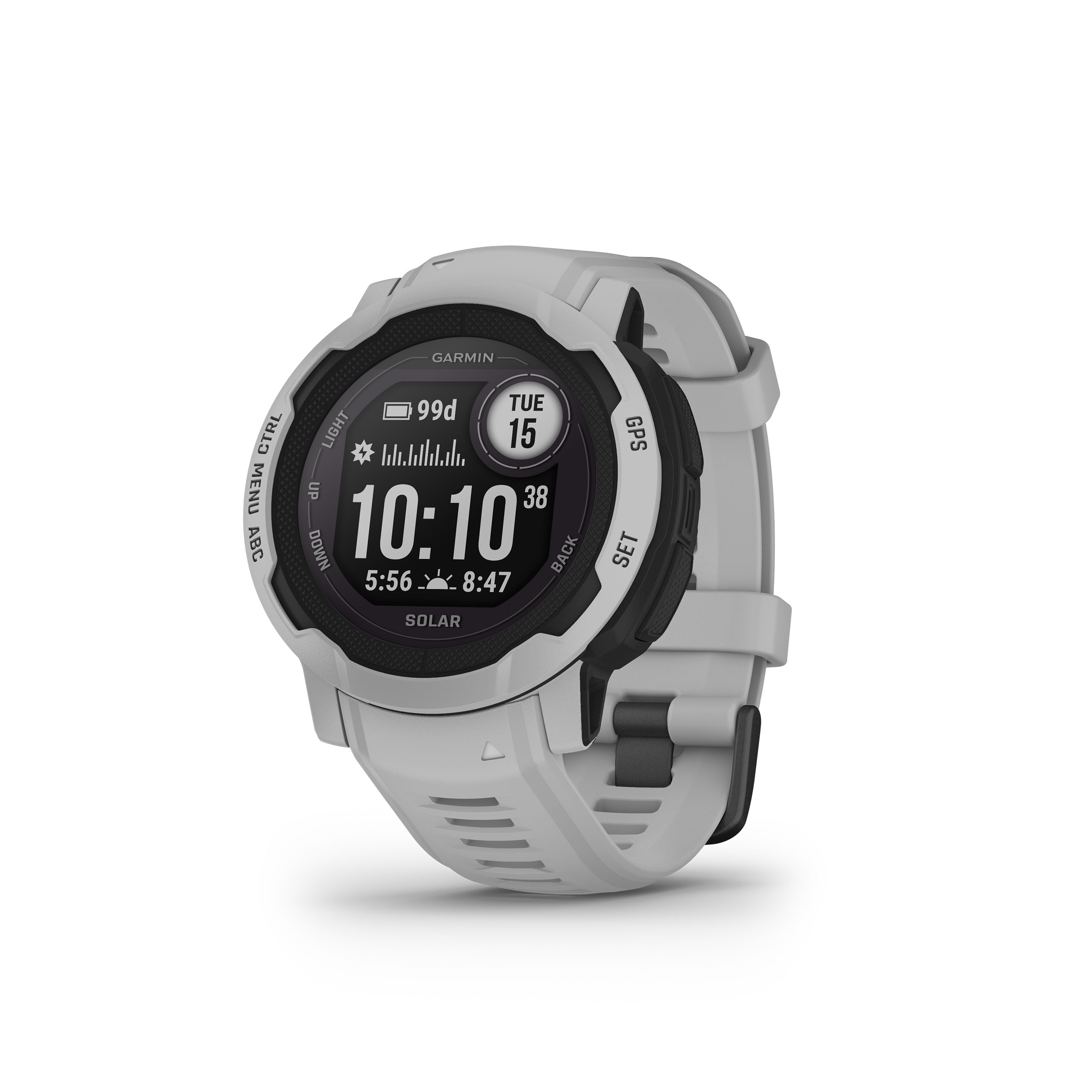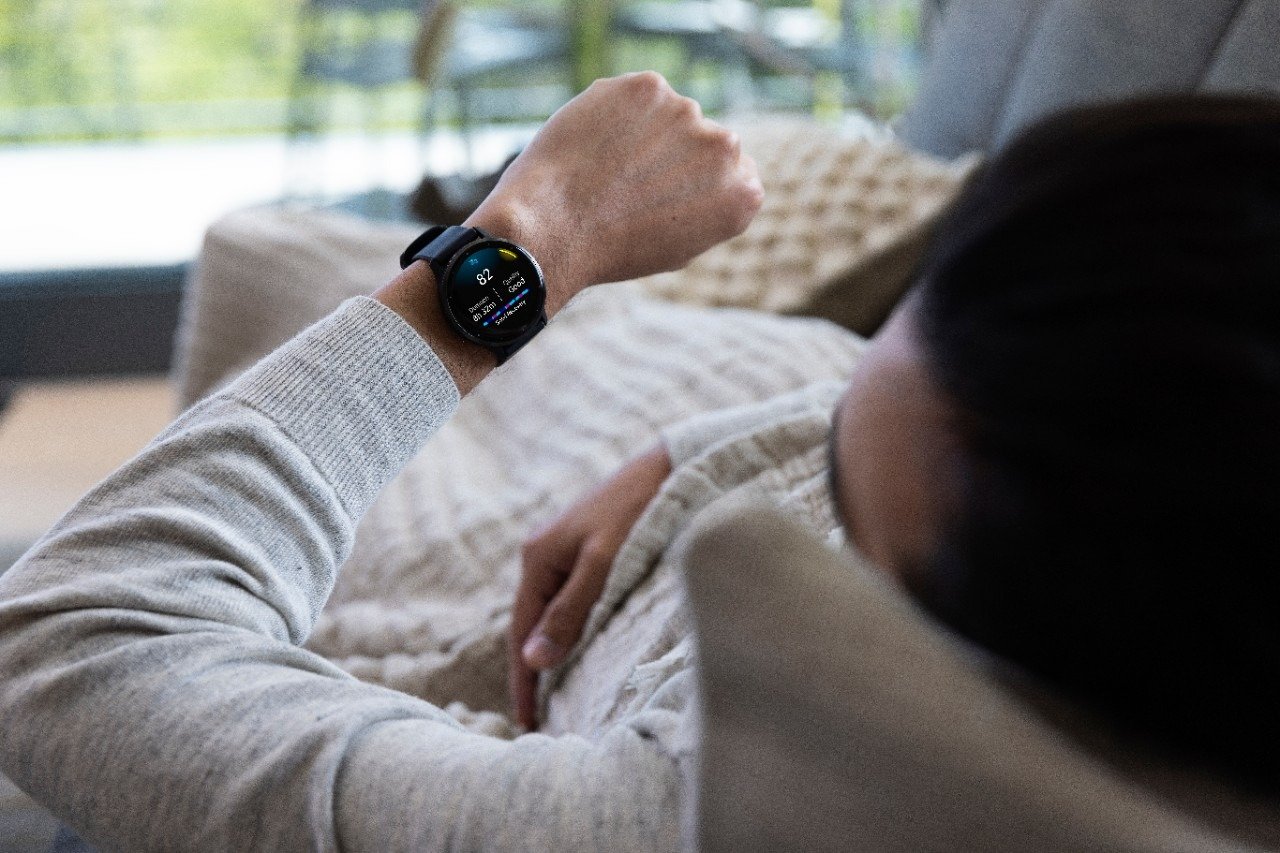
Garmin Smartwatch Insights May Help Hikers Find Their Perfect Path
Researchers Use Wearable Data to Help Grade Trail Difficulty in South Africa’s Nature Reserves (Pretoria)
A new project in South Africa is using data from Garmin smartwatches to measure and grade trail difficulty. Data captured includes distance, ascent and descent, and energy expenditure (calories). Using a combination of objective physical data and participants’ subjective feedback, the University of Pretoria will apply a grading system to each trail, making it easier for people to decide which is the most suitable when visiting nature reserves.
Using Geographic Information Systems to Grade Trail Difficulty
The University of Pretoria Department of Geography, Geoinformatics and Meteorology combines researchers from geospatial science, human and physical geography, environmental science and atmospheric science. For this new project, researchers from the department are aiming to model energy expenditure (average energy expenditure per gender) for the walking/running trails of nature reserves using geographic information systems. A grading system will be applied to each trail based on aspects that include difficulty, time spent, trail gradient and expected energy expended. It is hoped that the results will contribute to better management and decision-making for green spaces, a more informed public, improved population health, and reduced risk of injury and emergency callouts.
Collecting Accurate Data From Existing Garmin Users
This project relies on the ability to verify the data being modelled. Organisers said,
“Garmin is one of the most used brands in the population visiting our nature reserves. Thus, we believe collaborating with Garmin will enhance our research data to an extent we could otherwise not achieve. Furthermore, existing Garmin users are invited to contribute to the success of this research project. We will be able to better verify the data and more accurately assign a difficulty level to each trail. The Fitrockr platform based on the integration of the Garmin Health API and Activity API further enhances the usability of these volunteered data, as it allows for a simple onboarding and data sharing, as well as analyses once data is collected.”
Existing Garmin users will be able to volunteer to share their wearables data as well as complete online surveys, so researchers can learn more about how visitors are experiencing the nature reserves. Participants will share activity details including speed, distance, ascent and descent, elevation, time of day, hike duration, total calories burned and active calories, average pace, heart rate, training load, cadence of the hike and more. All these factors, particularly energy expenditure (calories), will help determine the difficulty level of a walk/run. For those using the trails who don’t already own a Garmin smartwatch, the first 100 qualifying users who share their data (possibility to do so in the online survey) will receive a 20% discount code for a Garmin Instinct® 2/2S device.
Future Plans
The team at the University of Pretoria has plans to further complement their trail guidance to include things such as temperature and humidity, as well as health metrics related to common conditions including hypertension, cardiovascular disease, diabetes or respiratory illness, to fine-tune the grading system and increase accessibility.
About Fitrockr and Garmin Health
Fitrockr is a product suite of Digital Rebels GmbH — a software company based in Berlin. Its research and analytics platform allows organisations to easily manage and synchronise Garmin smartwatches with access to high-resolution raw data, independent hosting, real-time data streams, and direct analysis and export. Fitrockr is one of the deepest integrated technology implementations of the Garmin Health API and SDK, providing Garmin Health corporate solutions since 2018.
For more information, visit Fitrockr at www.fitrockr.com or learn more about Garmin Health Enterprise Health Solutions at www.garmin.com/health.
Want to learn more about related projects? Then visit www.garmin.com/third-party-studies-overview for more information.





